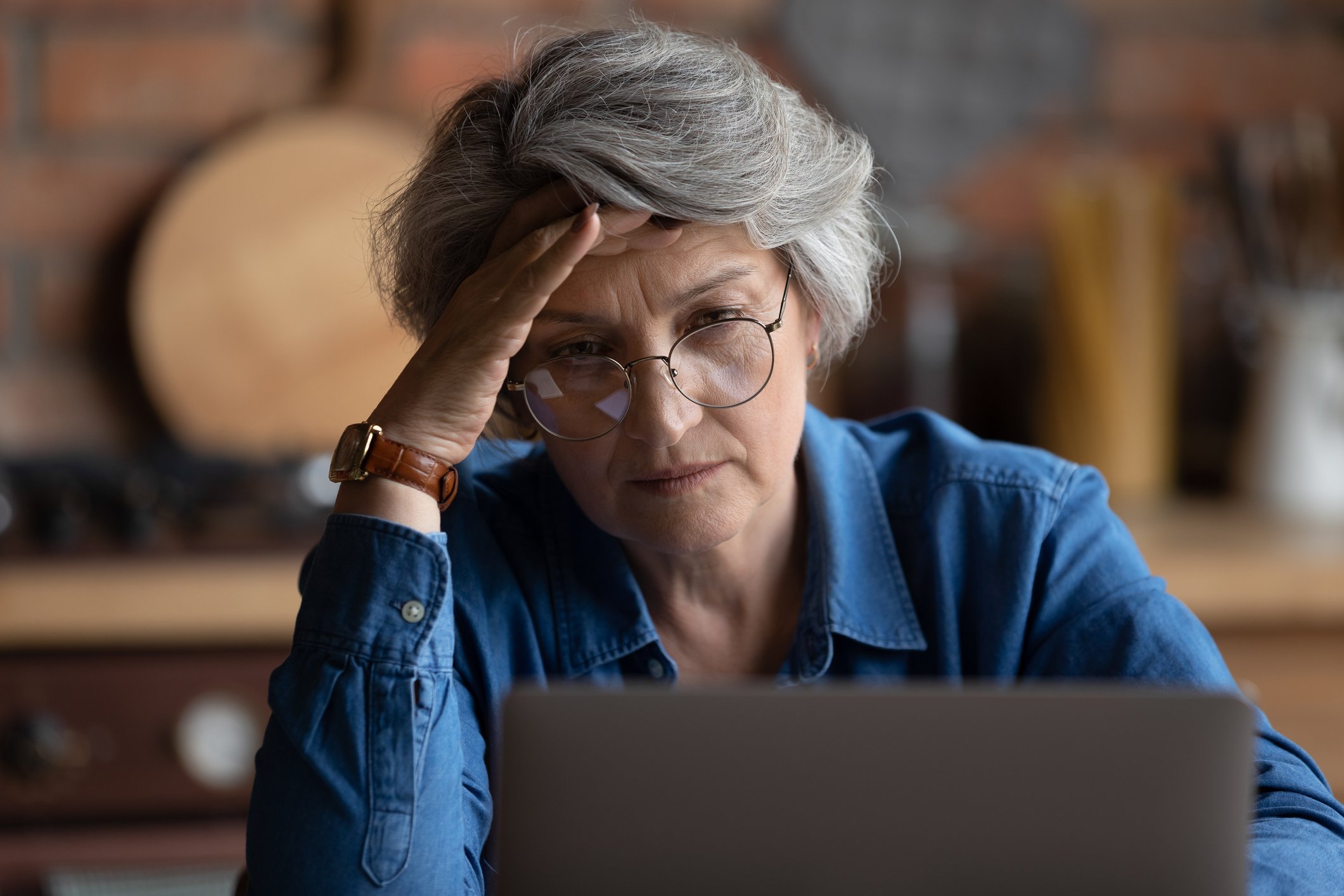Many people look forward to the end of May. It's a sign that summer is near, and that weekend beach outings and barbecues will soon be upon us.
Not this year, though. While social distancing measures may be relaxed by summer in some parts of the country, it's fairly safe to say that the laid-back, carefree days of July and August won't have the same ring in 2020. We can thank COVID-19 for that.
Furthermore, the end of May is apt to be a notably stressful time for the one in four Americans who think they'll be out of money by the 31st if the economy remains shut down and there's no additional stimulus cash to be found. In a recent survey commissioned by Self Financial and conducted by OnePoll, not only did 25% of Americans indicate they'd be out of money in about a month's time, but half have already dipped into their savings to help make ends meet.

IMAGE SOURCE: GETTY IMAGES.
Now some lawmakers are invested in seeing a second stimulus payment go out. But so far, nothing has been approved, which means lawmakers would have to work extremely quickly in the coming weeks for a shot at putting more money in Americans' pockets prior to June. Or, to put it another way, a follow-up stimulus is unlikely to happen by May 31, which means millions of Americans are potentially out of luck.
What to do if you run out of money
Running out of money is a scary notion. But if you've lost your job through no fault of your own, you should be entitled to unemployment benefits through your state. And while there is a minimum earnings requirement needed to qualify, generally, if you worked full-time and earned at least minimum wage, there's a good chance you'll meet it. Therefore, if you have no money coming in from work and you haven't yet filed for unemployment, stop what you're doing and submit a claim immediately. You can now claim benefits even if you're self-employed, despite the fact that gig workers usually aren't entitled to them.
Additionally, do what you can to minimize your immediate bills. If you own a home, ask your lender to put your mortgage into forbearance. If you rent, talk to your landlord and ask to pay your rent once money starts flowing again. Your utility company, internet provider, and auto loan servicer may also give you more time to pay, so reach out and discuss your options. At a time when so many Americans are struggling, you may be surprised at what leeway you're given.
Finally, if you're truly desperate for money, you can look at withdrawing funds from your 401(k) or IRA to pay for your immediate needs. Doing so has its drawbacks -- namely, you run the risk of not having enough money during retirement -- but if that's your only option, you are allowed to take up to a $100,000 early withdrawal penalty-free because of the COVID-19 situation. You can also borrow against your 401(k) and pay back that money over time, which may result in less of a long-term financial hit.





